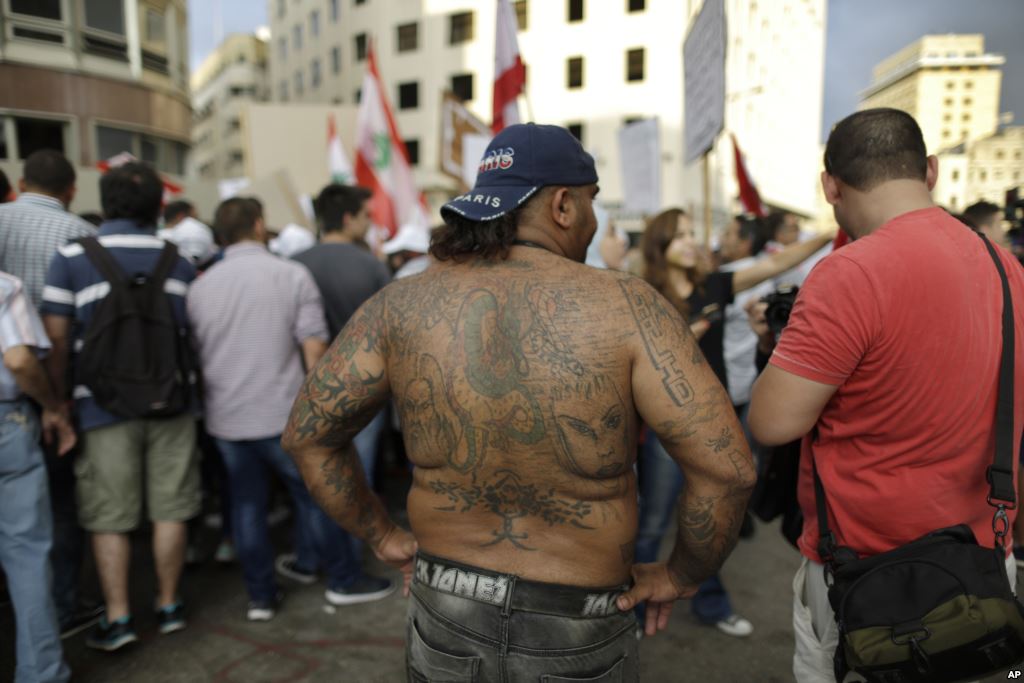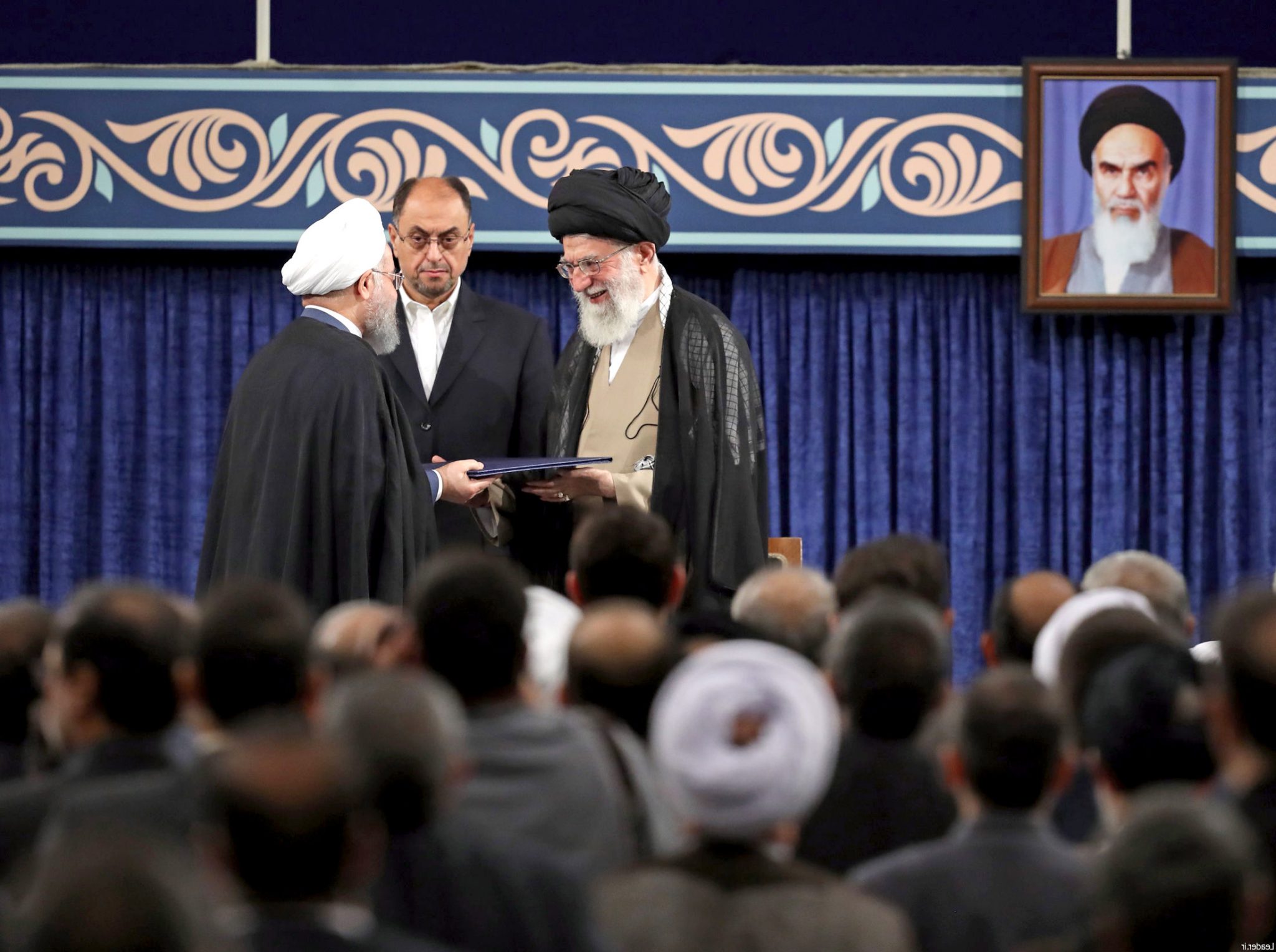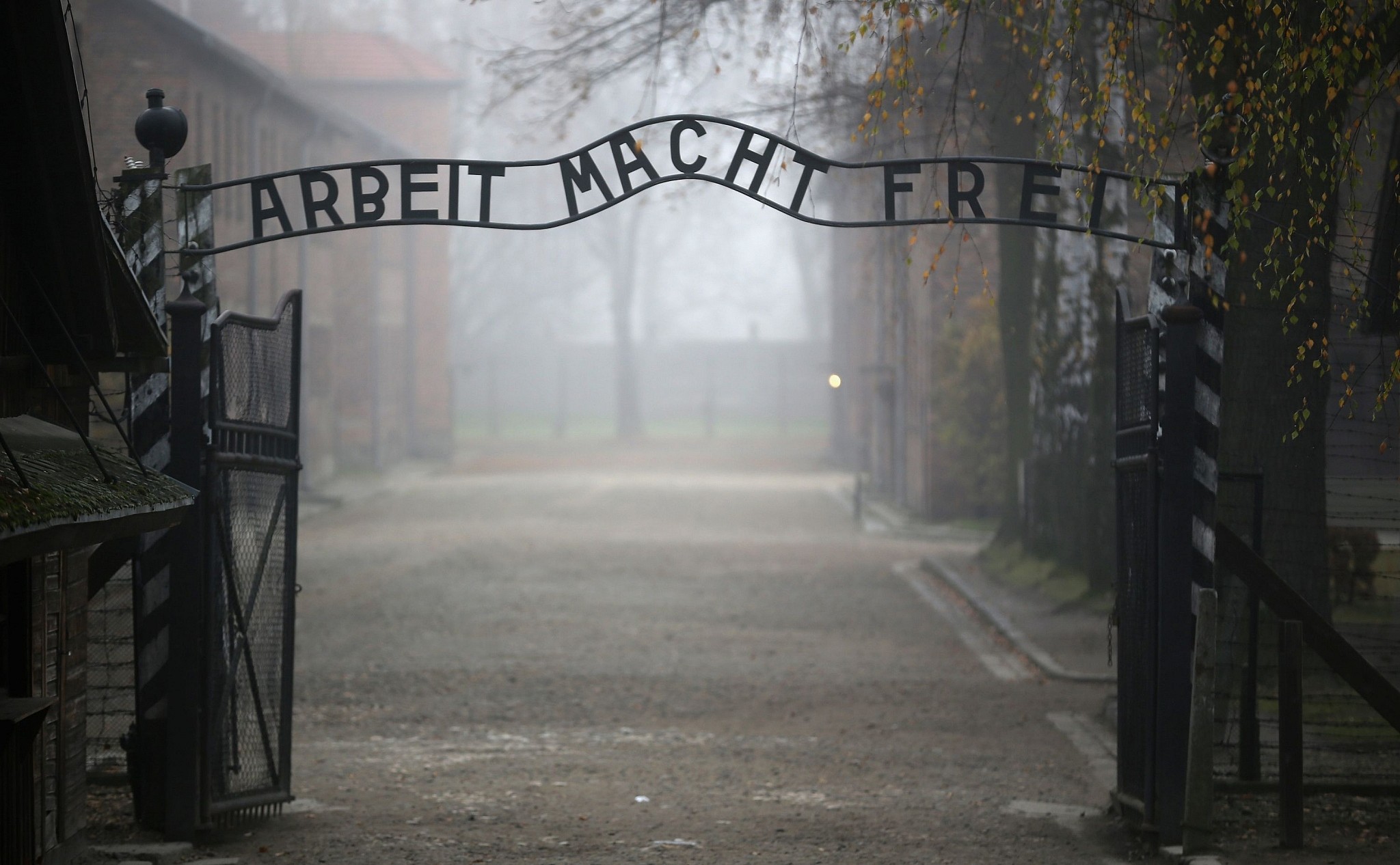
The Lebanese are in the streets. These people, facing very hard times, claim social and economical changes. However, what they really want is the resignation of the government, where the presidential seat is vacant since the 25th May, 2014. Indeed, the initiating event for these popular claims was the “Rubbish crisis” in Beirut. Waste piles up in the streets of the capital, following the closure of a national landfill. However, the “Rubbish crisis” is hiding the major crisis which is political. The protest movement “You stink” makes it clear by this motto.
The Lebanese are tired of this institutional insufficiency because the consequences are felt on all the aspects of the citizens’ life. On the one hand, the cuts of electricity (close to 3 hours per day in Beirut, between 6 and 9 hours in provinces) and of water became daily.
On the other hand, the clientelist regime and the difficult cohabitation between the various communities of the country within the Parliament leave the country in an unprecedented distress. Regarding the government, it is divided between two frightening camps: Hezbollah, of Shiite obedience, faithful partner of Iran and the Future movement, lead by Saad Hariri, close to Saudi Arabia. None of the two parts manages to take hold over the other and Lebanon copes with a political and governmental crisis. The problem is that Lebanon will not be able to solve alone these endless conflicts. The only possible assistance would come from abroad because Lebanon has always been guided by foreign great powers. Indeed, the communities, to find legitimacy, are looking for foreign godfathers outside the country and that creates a weak, impotent and immature political class, unable to cope with the current problems. Also, the Syrian civil war is having harmful effects in Lebanon. Division is increasingly deeper between the Hezbollah, pro Bachar Al Assad (present in Syria with several thousands of soldiers) and the Future Movement, pro Syrian “revolution”.
Finally, the welcoming of almost 1.2 million Syrian refugees makes the country of the Cedar the place where is the greatest density of migrants in term of population. Moreover, in the Palestinian camps present in the South of the country, the Lebanese army does not have access to the camps and the Salafism and political Islamism have still more followers.
Through all these political and social difficulties, let us say that the Rubbish Crisis was the straw that broke the camel’s back…
The only institution, which the Lebanese themselves trust and recognize, is the Lebanese army. However, it is overflowed by the current crisis and the extension of its sphere of operation which weaken it. Indeed, the security forces must be present on all fronts, not only in the refugees’ camps and protests in Beirut but also where there is a possibility of intrusion of Daesh, at the borders with Palestine and Syria.
If the current government falls, Lebanon would find itself vis-a-vis an institutional vacuum, which would remove all the legitimacy of the country, and its raison d’être on the international political arena. Moreover, the delicate situation and difficult living conditions could be exploited politically and a major crisis could emerge in a more or less near future. Unlike the other countries of the Middle East, where occurred the Arab Spring, if Lebanon falls, it will not be because of a dictatorial and strong government, but more of an absence of strong State, united to the citizen cause and trying to offer security, peaceful coexistence between the communities and good performance of the institutions.
What could save Lebanon?
Since the end of the French mandate in 1943, the Lebanese system is based on the confessionalism which obligatorily grants a Christian the place of President of the Republic, while the Prime Minister must be Sunni and the President of the Parliament must be Shiite. This system is consociative and thus wants the participation of all the communities in the political decisions. The formation of a respected and respectable government is a sine qua non indispensable condition to the safeguarding of the unity, the force and the prosperity of the country. It should be said that Lebanon always could keep a beautiful image of democracy in a region devastated by the conflicts. However, the ceaseless fight with the succession of Michel Sleiman between Michel Aoun, pillar of March 8th, pro Syrian regime and Samir Geagea, pillar of March 14th, opposed to the Syrian regime is still preventing the holding of a presidential election.
In addition, Lebanon must have the clear intention to solve its problems by maturity and political independency, through non-violent measures, following the example of the Taif agreement. Finally, the international community must frame the political agreements and the economical security to make the agreements between the Lebanese policymakers respected.
Only time will tell us if Lebanon will continue to be the exception in the Middle East, this region victim of political upheavals, of internationally extended conflicts and a horrifying human distress…



